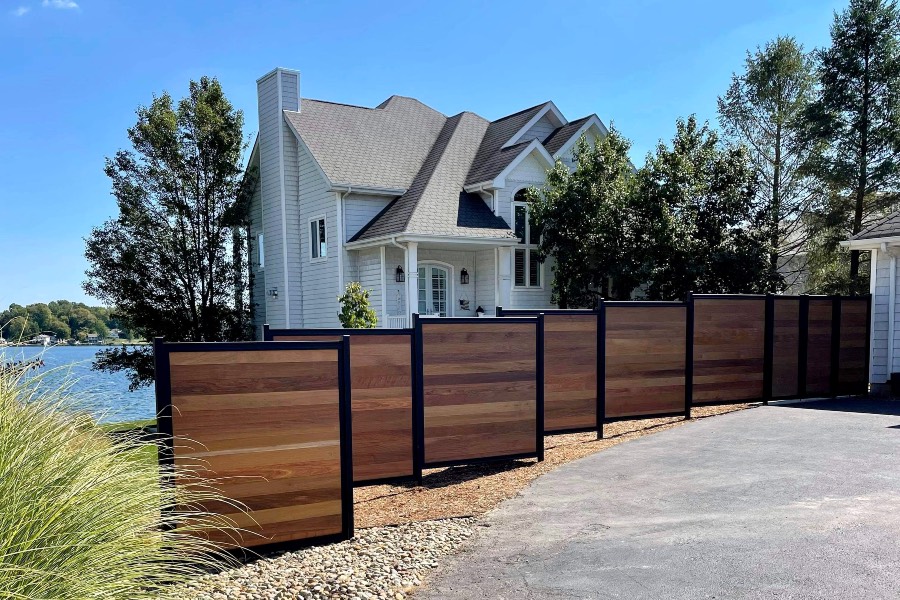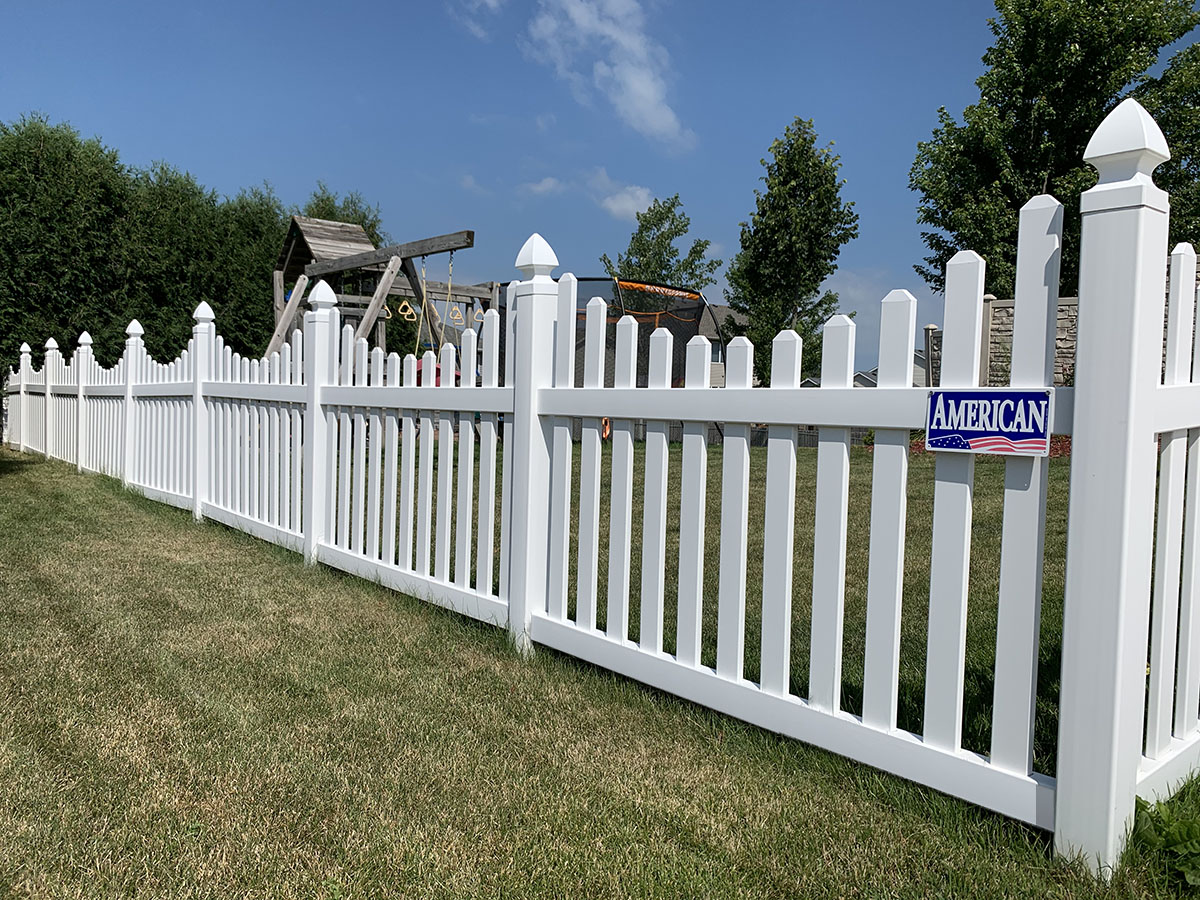All Categories
Featured

When it comes to selecting the ideal fence product for resilience, wrought iron stands out as one of the most resilient and trusted options readily available. Allow's take a better look at functioned iron fencing and just how it stacks up against options like timber, vinyl, and light weight aluminum.
Toughness and Longevity of Wrought Iron Secure Fencing. Unlike several other fence options, functioned iron can withstand severe environmental conditions, including extreme warmth, heavy rain, and also strong winds. Because it is a metal, functioned iron is not susceptible to the wear and tear that wood fencings typically experience, such as decaying, warping, or insect problems.
Resilience: Wrought iron fences are extremely challenging and can stand up to influences and various other types of physical tension that may damage other products. When correctly maintained, they can last for 50 years or even more, making them a financial investment that will offer long-lasting worth.
Wrought Iron vs. Wood Fencing. Wooden fencings, while standard and cosmetically pleasing, normally call for even more maintenance and have a shorter life expectancy contrasted to functioned iron. Wood is at risk to rot, termites, and weathering gradually, every one of which can endanger its architectural honesty. Additionally, timber fencings might need to be replaced or fixed every 10 to twenty years, depending upon the climate and the sort of timber utilized.
Maintenance: While timber fences require to be on a regular basis treated with sealants, spots, or paints to preserve their appearance and durability, wrought iron fencings normally need a lot less maintenance. They might require occasional cleansing or repainting to avoid corrosion, particularly in humid or seaside areas, yet they won't struggle with the very same kinds of destruction as timber.
Long life: While a well-kept wood fence might last 20 to thirty years, functioned iron can exceed that life expectancy by numerous decades, making it a more resilient choice over time.
Wrought Iron vs. Plastic Secure fencing. Plastic fence has actually ended up being a preferred choice to timber due to its low upkeep and resistance to the aspects. Unlike wood, vinyl does not rot or warp, and it does not need to be repainted or treated. Plastic can come to be brittle over time, specifically in areas with extreme wintertimes or extreme UV direct exposure. It may break or damage under pressure, such as from a hefty impact or a severe storm.
Sturdiness: While vinyl is relatively sturdy and resistant to rot and fading, it still can not match the long-term toughness and strength of functioned iron. A plastic fencing might last around 20 to thirty years, depending on ecological aspects, but it does not have the structural integrity that functioned iron offers.
Upkeep: Plastic requires minimal maintenance compared to timber, but it can still discolor gradually, specifically in locations with intense sunlight direct exposure. Wrought iron might require occasional corrosion avoidance therapies however usually needs less treatments than vinyl.
Wrought Iron vs. Aluminum Fence. Light weight aluminum is an additional metal option to functioned iron, and while it shares several of the durability attributes of functioned iron, it is normally much less solid and sturdy. Light weight aluminum is much more resistant and light-weight to corrosion and corrosion, making it a prominent option for low-maintenance fencing. However, it's not as solid as functioned iron and might be extra vulnerable to denting or flexing under pressure.

Durability: Wrought iron is considerably stronger and much more resilient than aluminum. While aluminum fences can last for a number of decades, they might not stand up as well in high-traffic or high-impact areas. In contrast, functioned iron is far more resistant to physical damage and can much better withstand stress and pressure.
Maintenance: Both functioned iron and aluminum fencings require some maintenance, mostly to stop corrosion. Nonetheless, aluminum is much less most likely to corrosion than wrought iron, making it an extra low-maintenance option in locations with high moisture or seaside salt direct exposure.
Last Thoughts: Wrought Iron's Toughness Advantage. Wrought iron attracts attention as one of one of the most durable fencing materials offered, surpassing timber, vinyl, and aluminum in terms of stamina, durability, and overall performance. While it does need periodic maintenance, particularly to avoid corrosion, its ability to stand up to extreme climate condition, physical anxiety, and the examination of time makes it an outstanding investment for companies and homeowners seeking a lasting, secure fencing service.
For those that prioritize toughness and durability above all else, wrought iron is an unsurpassable selection. Whether you're securing a house, enhancing the look of your backyard, or providing safety for a commercial website, wrought iron fence will certainly give decades of resilience and visual allure that few other products can match.
Latest Posts
Boost Your Home with Overhead Door Equipment
Published May 24, 25
1 min read
Join Your Financial Partner at WyHy – Top Benefits for Your Future
Published May 23, 25
1 min read
Discover Your Financial Partner at WyHy – Top Benefits for Wyoming Residents
Published May 23, 25
1 min read